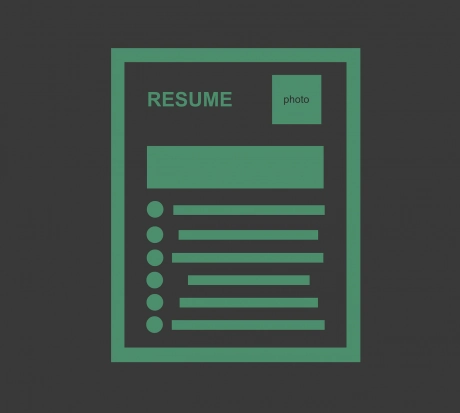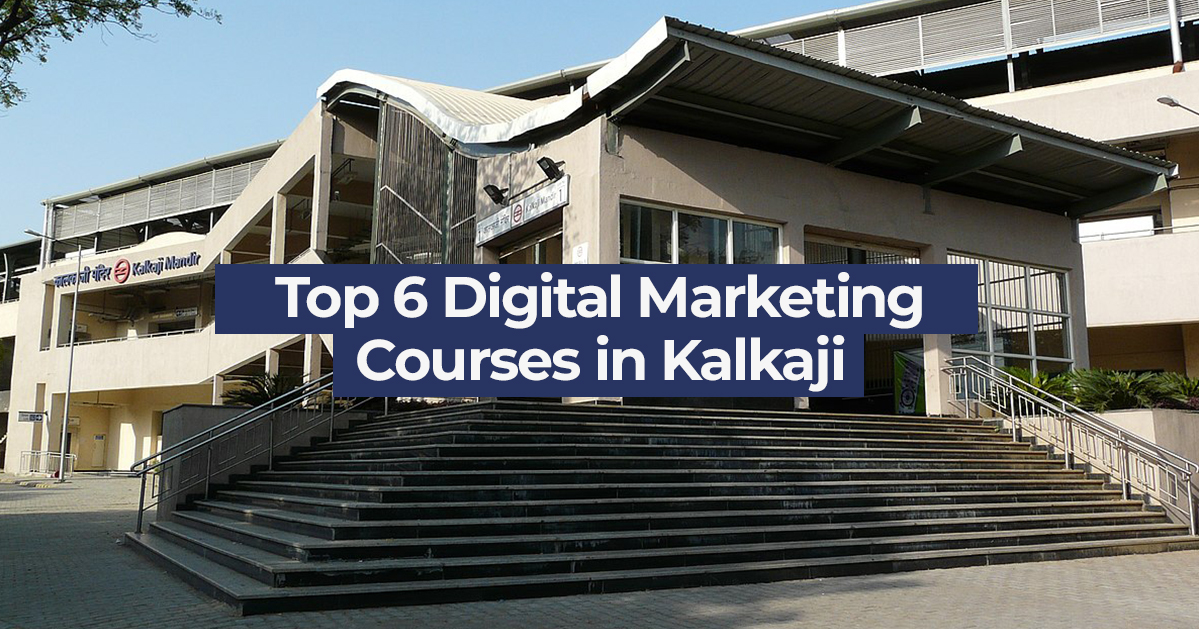Imagine you are a business that needs to store information about its employees, vendors, and customers. Where would you store it? In a database!
The database lets you collect, organize and manipulate vast quantities of data. How would you communicate with this database?
You need to use SQL or Structured Query Language. It should come as no surprise that SQL is one of the most solicited skills and interview questions on SQL are a commonplace.
Almost 55.8% of data analyst jobs mention SQL as a requirement.
Did you know that the job of a data analyst also requires the knowledge of SQL? You can expect SQL interview questions during your search for a data analyst job as well.
The first step towards a job is the interview. You ace the interview, you get the job. How do you ace the interview?
You need to prepare yourself on some of the commonly asked interview questions on SQL.
Being able to answer these questions and showcasing the depth of your knowledge will distinguish you from the rest of the candidates.
You will surely be walking away from the interview with an offer.

What is SQL?
Let us start with the most basic SQL interview question you can be asked – what is SQL? SQL is a programming language that is used to interact with and manipulate the information in the database.
SQL is used for relational database management system or RDMS. It first came into existence in 1970 and since then, it has created a niche of its own.
There is no other language that can challenge its position as the leader of database management system languages.
Why Is It an Important Skill in Your Resume?
When employers look for prospective employees, they prefer those who already have a basic understanding of the software or languages used by the company.
It reduces the training time of the employee and speeds up the on-boarding process. This is the reason for including SQL interview questions in your job interview.
If you are looking for a job in an area that is even remotely related to data management, then SQL is a must-have skill.
SQL database administrators and developers can easily earn an average salary of about USD 86,000 per year.
The lucrative salary figure also signifies how valued SQL is in the industry. Every firm has an enormous database, and they need people who can extract the required information from this database.
With SQL, you can get answers to some of the most commonly asked questions in a business within a matter of seconds.

To top all of this, SQL is also one of the least complicated languages to learn. You will face fierce competition in the data science job market.
The only way to make yourself stand out is to prepare yourself on all the interview questions on SQL that you can access.
It shows the interviewer that you are much more than a certificate. You have practical knowledge of the topic and will be able to contribute to the organization.
Interview Questions on SQL for Freshers
Freshers are expected to have a basic understanding of SQL. You will not be asked questions on the challenges you faced while implementing SQL in the previous organization or about past experience.
However, the interviewer will test your understanding of the fundamentals. Here are some of the most commonly asked interview questions on SQL for freshers.

Q1. What are the subsets of SQL?
Ans. There are three subsets of SQL – DDL, DML and DCL.
DDL – Data Definition Language is used to perform operations such as create, delete and alter objects.
DML – Data Manipulation Language is used to access and manipulate data. It involves operations such as insert, delete, retrieve, update, etc.
DCL – Data Control Language is used to control who can access the information in the database. You can grant and revoke access using DCL.
This interview question on SQL is sometimes followed by request for examples of commands of each type.
Q2. What is the Primary key?
Ans. The primary key can be a column or a group of columns that can identify each row uniquely. The employee ID in a table that contains details of employees is a primary key.
Q3. How is unique key different from the primary key?
Ans. Unique key can contain null values, and there can be more than one unique key in a table. But there can only be one primary key in a table and it cannot contain null values.
Q4. What is a subquery?
Ans. A subquery is a query within a query. The inner query is known as the subquery, and the outer one is known as the main query. The output of the subquery is used in the main query.
Q5. What is normalization?
Ans. Normalization is used to organize data in a manner that removes and prevents redundancies. It makes it easier to find and modify information on the database.
It ensures better organization within the database and promises consistency even after modifications. Normalization also makes it easier to implement security features.
Q6. What is a stored procedure?
Ans. You can create a collection of SQL statements and use them as a function while accessing the database. This collection is called stored procedures.
They can be created beforehand. You can even apply conditional logic to them. They are used to improve performance and reduce traffic.
Q7. What is a trigger?
Ans. A trigger is a type of stored procedure that gets executed when a tables event such as insert, update, delete, etc. occurs.
Q8. How would you differentiate char and varchar2 datatypes?
Ans. Even though both these data types are used for representing character strings, the difference lies in the length. Char is used for those strings which have a fixed length. On the other hand, if your character string has variable length, you should use varchar2.
Q9. What does the NVL function do?
Ans. The NVL function searches for null values and replaces the nulls with the specified value.
Q10. Name the TCP/IP port used by the SQL server.
Ans. The SQL Server runs on the port – 1433.
Q11. Are the DELETE and TRUNCATE commands interchangeable? Justify your answer.
Ans. While both the commands are used to delete data from the table, their similarity ends there. DELETE is a DML command, whereas TRUNCATE if a DDL command. DELETE only removes the specified rows from the table, whereas TRUNCATE removes all the rows while retaining the structure.
After you use the DELETE command, you can use ROLLBACK and the deleted data will be restored. This is not possible with TRUNCATE. TRUNCATE frees up the memory space, whereas DELETE does not. TRUNCATE is also faster. The similarity is only superficial. Both commands operate differently. Therefore, they are not interchangeable.
Q12. Are zero or blank space null values?
Ans. No, they are not. A null value is unknown, unassigned, and unavailable. Blank space is a character, and zero is a number. Both of them are well-defined and known.
Q13. What are group functions? Can you name a few?
Ans. Group functions or aggregate functions work on multiple rows in a table but return a single value. There are seven group functions in SQL – AVG, COUNT, MAX, MIN, SUM, FIRST and LAST.
Q14. What is a relationship and what are its types?
Ans. The connections between the tables are called relationships. There are four types of relationships – one to one, one to many, many to one, and self-referencing.
As you can see, most of the interview questions on SQL are focussed on gauging your understanding of the fundamentals. The interviewer wants to know whether you have really understood SQL.
Most of the questions will be about defining various terms related to SQL, its types, and how to use them.
In addition to these, another common form of interview question on SQL for freshers focusses on your application of the theoretical concepts.
The interviewer may give you a command and ask you to write the output. They may even tell you what information is to be extracted or what data manipulation is to be performed, and you will have to write the command that performs said tasks.
Using SQL with Python, other languages and tools have also become increasingly popular. You can definitely expect SQL interview questions related to this as well.
The interview questions on SQL mentioned above are just a drop in the bucket. There are many more such questions. An online search should reveal more of these with answers.
The following video should help you prepare for the interview.
Interview Questions on SQL for Experienced Professionals
The situation for an experienced professional will be much different from that of a fresher.
While the interview questions on SQL for freshers were mostly about definitions, the interview questions on SQL for experienced professionals will touch upon more advanced concepts.
You may be asked how you dealt with certain situations or errors. Even when the interviewer asks you for the definition, it will be a lesser-known term.
The interviewer aims to understand how much you have learned from your experience and how well you can navigate the problems faced by an SQL developer or database administrator.
The interview questions on SQL is given below are some of the most asked ones. However, the list is not exhaustive.
A search for interview questions on SQL for experienced will reveal many more such advanced SQL interview questions.
You should be prepared for the questions given below and more to land the job and climb higher on your career ladder.
Q1. What is a join? What are its types?
Ans. Join returns the rows from two or more tables based on the specified conditions. The rows that have at least one match in the tables are returned. There are five types of joins:
Inner join – This is the default join. It returns rows from both the tables.
Left Join – All the rows from the left table are displayed along with those rows in the right table that are a match.
Right Join – Mirror image of the left join.
Cross Join – Every row in the left table is matched to every row on the right table. This is the Cartesian product of the two tables.
Q2. Have you heard of Common Table Expressions? What are they?
Ans. Common Table Expressions or CTEs are used to create logical temporary data structures. This was introduced to SQL in 2005. Earlier, the developer had to create temporary tables to perform complex tasks. The process has been simplified with the invention of CTE.
Q3. What is a correlated subquery?
Ans. Normal subqueries execute the inner query first and then the outer query. The reverse takes place in the correlated subquery. The outer query is executed first and is then followed by the inner query.
Q4. Why is the query not producing the expected result?
Ans. The interviewer will give you the details of a table and a query. He/she will then tell you that the result of the query. To an inexperienced eye, the result will seem wrong.
However, an experienced person should be able to identify the true reason behind the result. These interview questions on SQL are designed to weed out the truly experienced.
Q5. Which one among these queries produces the desired result?
Ans. The interviewer will give you two queries that look very similar and the output that is expected. Only one of the queries will produce the desired result. You have to identify the right query.
These kinds of interview questions on SQL are designed to test your true knowledge. You should know the exact workings of the query to be able to answer this question correctly.
Q6. How have you used SQL in the past?
Ans. This interview question on SQL is for the interviewer to understand how much you have actually used SQL. You may be experienced, but it doesn’t always have to be in SQL.
You should tell the interviewer which databases you used, and how much your previous job depended on SQL. This is the place to highlight any challenges in the SQL that you overcame at your previous job. It will show the interviewer that you are a problem solver.
Sail Through the Interview Questions on SQL
The job interview is a nerve-wracking experience for most job-seekers. It is the final step towards landing your dream job. It is all that stands between you and a handsome income.
However, the interview doesn’t have to be the nail-biting experience it is made out to be. After all, if you are well-prepared, then why should you be worried.

Moreover, projecting confidence is a sure-shot way to get noticed by your interviewer.
Your determination, personality, and your thorough knowledge of the subject should shine through in the interview.
You should answer all the interview questions on SQL without hesitation. To do so, you need to have ample training on the subject.
The course is taken by trainers with industry experience.
They have worked with SQL in real life and are aware of the various challenges that an SQL developer or database administrator faces.
In addition to this, you will also have to complete a project as a part of your curriculum.
The training and the project will prepare you to answer any interview questions on SQL for freshers as well as interview questions on SQL for experienced professionals.
Join the Data Science Master course today and become a part of the growing SQL workforce.









